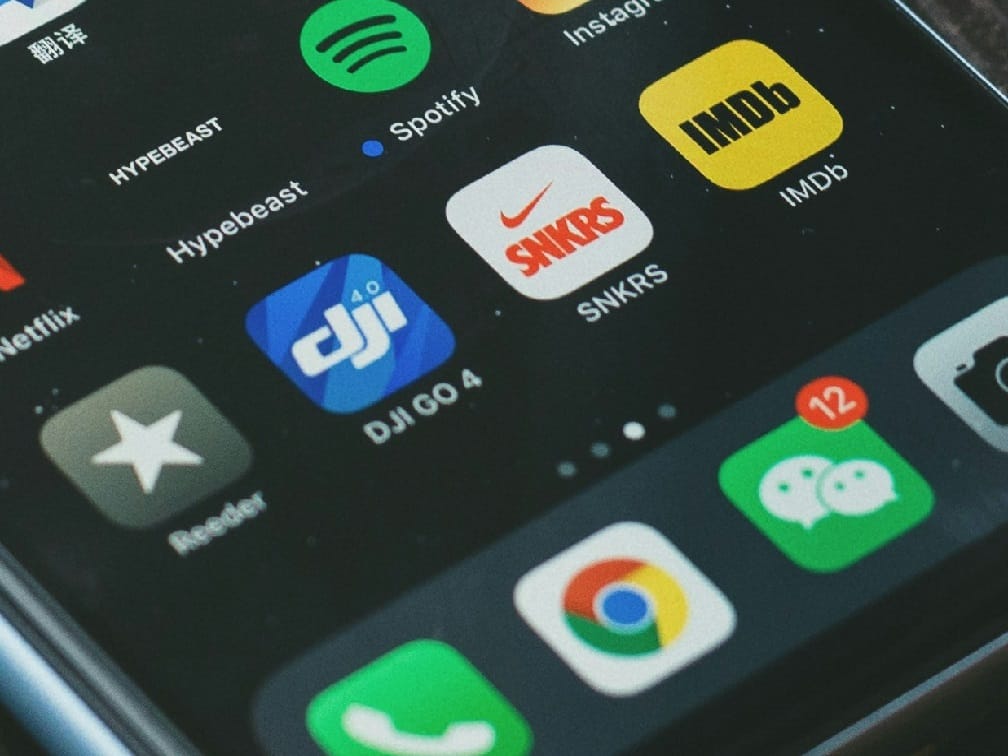
Apple Inc. is intensifying its efforts to compel Tencent Holdings Ltd. and ByteDance Ltd. to implement significant changes to China’s most popular apps.
In recent months, the iPhone manufacturer has insisted that these two companies close loopholes their in-app creators use to direct users to external payment systems, thereby avoiding Apple’s customary 30% commission, according to sources familiar with the situation.
In May, Apple warned Tencent that it might reject critical WeChat updates unless the developer removed links that mini-game developers use to accept payments outside of Apple’s platform, the sources said. Later, Apple requested Tencent to disable a key in-game messaging feature that also diverted users. Tencent has yet to comply.
In June, Apple informed ByteDance that it would not accept new updates for Douyin — TikTok’s Chinese equivalent — unless it also addressed similar payment loopholes, according to one source who asked to remain anonymous due to the private nature of the negotiations.
Apple has consistently regulated its app ecosystem to maintain quality and security globally. However, the company’s unusually assertive actions in China this year risk alienating creators in a crucial market, especially when its business practices are under global scrutiny. Apple reported a 6.5% decline in Greater China revenue for the June quarter, highlighting challenges in its largest market outside the US.
Tencent declined to comment, and ByteDance representatives did not respond to email requests for comment. An Apple spokesperson referred to its guidelines, which stipulate that the sale of all digital goods must go through its system and that its review team may reject app submissions that violate this policy.
WeChat is an app used by over a billion Chinese users for everything from paying bills to booking movie tickets, but many of these payments are exempt from Apple’s fees. However, in-app content and other online entertainment, like mini-games, are still subject to the iOS revenue-sharing charges.
A confrontation with Tencent over WeChat could create a new conflict for Apple, which is already facing multiple directives and fines, including a European Commission ruling that it must allow app developers to direct users to cheaper deals and offers outside the App Store. Billions of dollars in revenue are at stake each year, as the iOS store remains one of the world’s most lucrative software platforms.
Unlike in the US, Apple is a smaller player in China, having failed to rank among the top five in smartphone sales last quarter. Meanwhile, Chinese companies like Tencent and ByteDance continue to dominate internet content such as games and videos, with the ability to impose their own commissions on creators.
Both companies have recruited thousands of smaller gaming and app developers to produce content for their own ecosystems on WeChat and Douyin. As these mini-games have surged in popularity, their developers have started to monetize them by selling in-game items, often finding ways to bypass Apple’s payment system to enhance their thin margins. This practice, known as “steering,” involves guiding players off major platforms.
Apple identified and moved to eliminate a proliferation of web links circulated by developers within WeChat — a loophole that Tencent agreed to close with an update released in early July.
